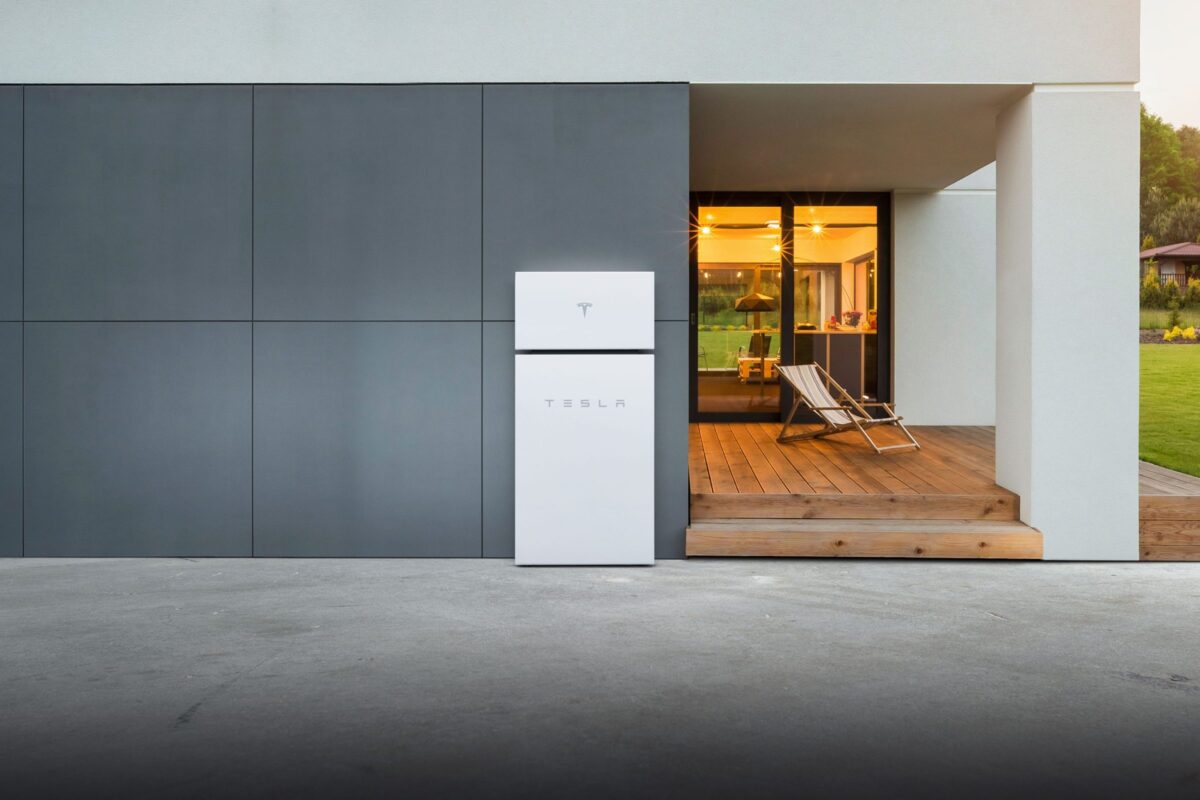From pv magazine Global: The Hydrogen Stream
BayoTech has completed its first hydrogen hub in the United States. The first hub in Wentzville, Missouri, should be followed by two other inaugurations in 2024. “These upcoming hubs are strategically planned to be located in Northern California and Southern California,” the company told pv magazine. The company is also working on developing 12 other sites across the country. “The selection of these sites is driven by the company’s keen attention to market demand, ensuring that we can effectively meet the growing needs of our customers.” The company said it wants to produce hydrogen close to the point of demand. BayoTech’s proprietary hydrogen production technology is Steam Methane Reforming (SMR). “We use a blend of natural gas and renewable natural gas to produce carbon-neutral hydrogen.”
Versogen said it has achieved membrane production capacity to support 1 GW of AEM electrolyzers per year. “From the company’s roots in a research lab at the University of Delaware, Versogen has scaled up the production capabilities of its proprietary PiperION polymer by a factor greater than 2,000 times,” said the Delaware-based startup.
Lhyfe has inaugurated its renewable hydrogen production site in Buléon, France – the first of its kind to be built in Brittany. “Lhyfe Bretagne will mainly supply the region’s mobility and the industrial processes of regional companies,” said the French company in an emailed note. Lhyfe will produce up to 2 tons of green hydrogen per day, or up to 575 tons per year, banking on 5 MW of installed electrolysis capacity.
The UK government has announced backing for 11 green hydrogen projects and confirmed suppliers will receive a guaranteed price for the clean energy they supply. In return for this government support, the projects should invest over GBP 400 million in the next three years, delivering 125 MW of new hydrogen. The government mentioned a project in South Wales, one in Scotland and one in England. The first will lead Port Talbot paper mill to replace 50% of the current gas boiler consumption with hydrogen, the second plans to run a boiler on 100% hydrogen for use in InchDairnie Distillery’s distilling process, the third will allow PD Ports in Teesside to use hydrogen to replace diesel in their vehicle fleet, decarbonizing port operations from 2026. “Today’s announcement represents the largest number of commercial-scale green hydrogen production projects announced at once anywhere in Europe,” said UK Energy Security Secretary Claire Coutinho.
The British government has also decided not to proceed with the proposed trial in Redcar as designed. It said that the decision was “due to issues in obtaining a robust, local hydrogen supply.” The authorities will decide in 2026 how hydrogen will contribute to decarbonizing household heat.
Jan Rosenow, director of non-governmental organization RAP, has published a summary of 54 independent studies assessing the scientific evidence for using hydrogen for heating buildings. “The analysis concludes that the scientific evidence does not support a major role for hydrogen in cost-optimal decarbonization pathways being associated with higher energy system and consumer costs,” he said in “A meta-review of 54 studies on hydrogen heating,” which was recently published in Cell Reports Sustainability. Rosenow concluded that electrification and district heating are deemed preferable due to higher efficiency and lower costs in the majority of analyzed studies. “Roughly speaking, you could say that heat pumps and distract heating are between three to five times more efficient,” Rosenow told pv magazine. “In terms of costs to consumers, the median of all estimates would suggest that hydrogen would be almost twice as expensive as the other alternatives.”
This content is protected by copyright and may not be reused. If you want to cooperate with us and would like to reuse some of our content, please contact: editors@pv-magazine.com.








Wouldn’t green hydrogen be much cheaper if we simply ‘overbuilt’ carbon-free sources of power (geothermal, wind farms, solar, hydroelectric and even nuclear). Thus when the grid is happy (and stationary storage batteries are full) any excess could be routed to very cheap H2 (& O2) production.
A win-win, plus another revenue stream for the utilities.